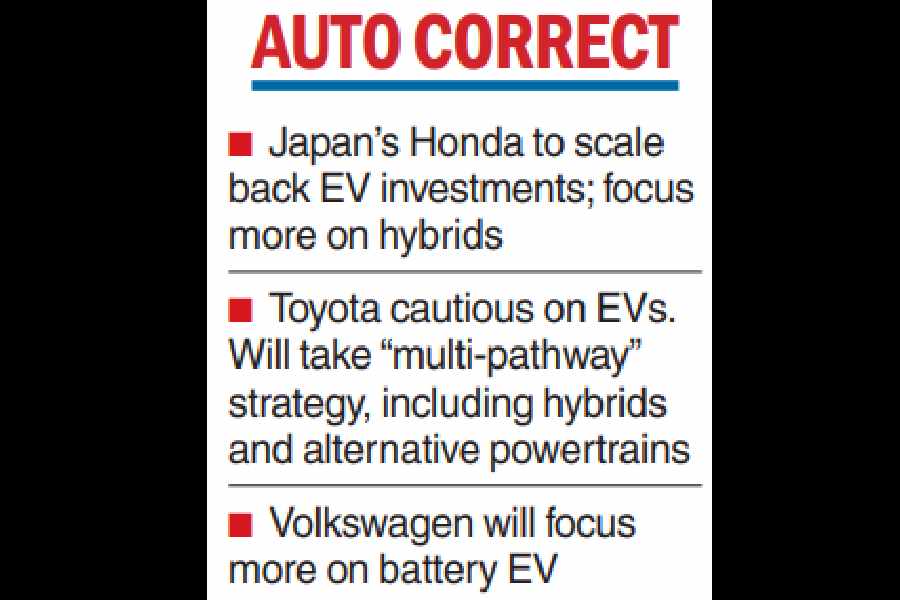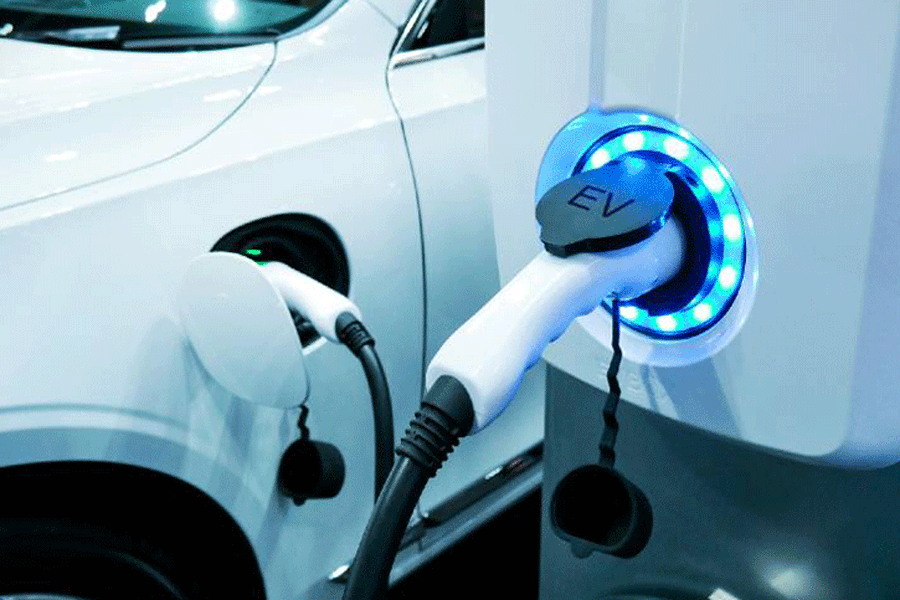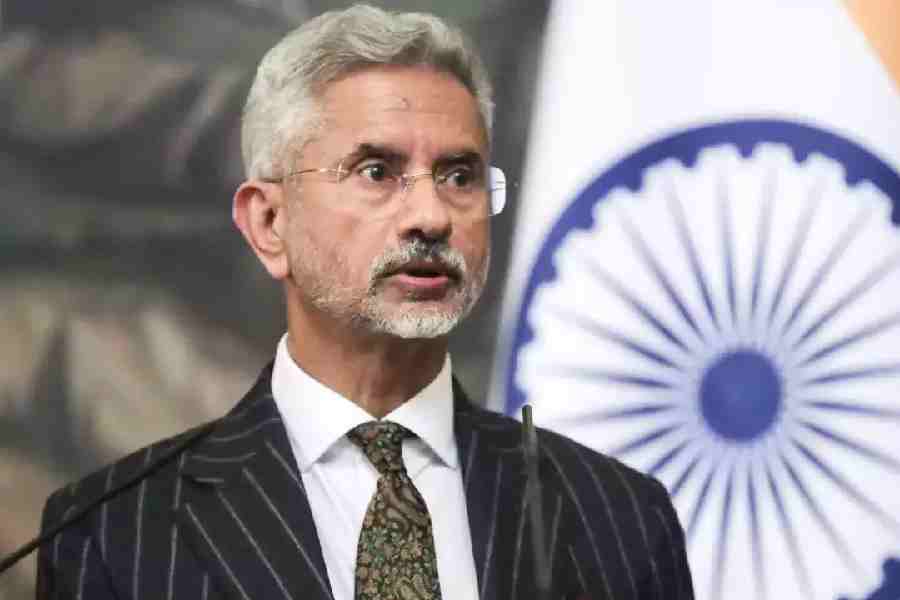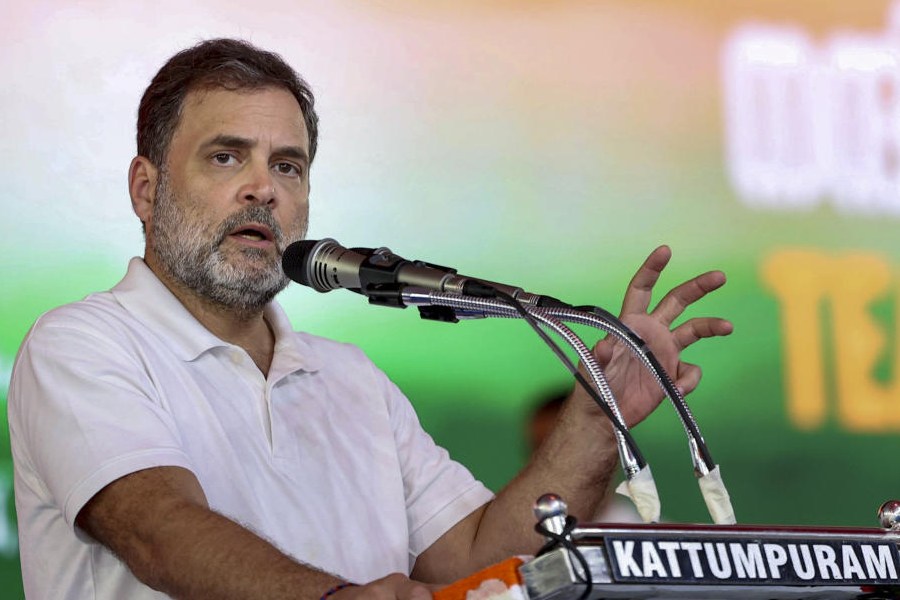Global car makers are stepping up efforts to meet carbon reduction targets, but divergent strategies — ranging from a focus on hybrid models to a full commitment to battery electric vehicles—are creating uncertainty for consumers navigating the transition.
Japanese auto major Honda said on Tuesday that it is scaling back electric vehicle (EV) investments amid slowing demand and will focus more on hybrids. It has also dropped its target of achieving 30 per cent EV sales by 2030 and reduced spending on electrification and software.
“Uncertainty in the business environment is increasing, due particularly to the slowdown in the expansion of the EV market due to several factors, including changes in environmental regulations, which had been the premise for the widespread adoption of EVs as well as changes in trade policies of various countries,” Honda said in a statement.

Toyota, the world’s largest car maker, has taken a cautious approach to EVs. Chairman Akio Toyoda previously warned that a purely electric future could result in job losses in engine-related sectors. Toyota is pursuing a “multi-pathway” strategy, including hybrids and alternative powertrains.
In contrast, Volkswagen is focusing more on battery electric vehicles. Earlier this year, the Volkswagen group unveiled plans to develop an entry-level electric vehicle priced around €20,000 (₹19 lakh), signalling a strong commitment to mass-market electric mobility.
Global EV growth
According to the International Energy Agency (IEA), global electric car sales are projected to exceed 20 million in 2025, making up one-quarter of total car sales. In 2024, sales reached 17 million worldwide.
China is set to lead with over 14 million EV sales in 2025, surpassing global EV sales in 2023. Europe is expected to contribute around 4 million to the total. In the US, electric car sales are projected to grow nearly 10 per cent in 2025, though future growth may be impacted if the EV tax credit is repealed. Additional tariffs on both conventional and electric cars could also affect overall sales.
Elsewhere, electric vehicle sales are anticipated to grow by over 30 per cent, reaching approximately 1.8 million units.
India scenario
Analysts see space for both battery electric vehicles (BEVs) and hybrids in India, though government policy is pushing toward BEVs to decarbonise transport. The recently notified PM E-DRIVE scheme, with an outlay of ₹10,900 crore, aims to boost green mobility and EV manufacturing.
Car makers also differ in their approaches: While Maruti Suzuki and Toyota are taking a broader approach, including hybrids, Tata Motors, Hyundai, Mahindra and JSW MG Motor are aggressively pursuing BEVs. However, entry-level BEVs remain costlier than conventional petrol or CNG vehicles.
“We see 2025 as the pivotal year for EV adoption. Maruti Suzuki will start the delivery of its first BEV, e-Vitara, in the coming months,” said Kumar Rakesh, analyst — IT & auto, BNP Paribas India.











